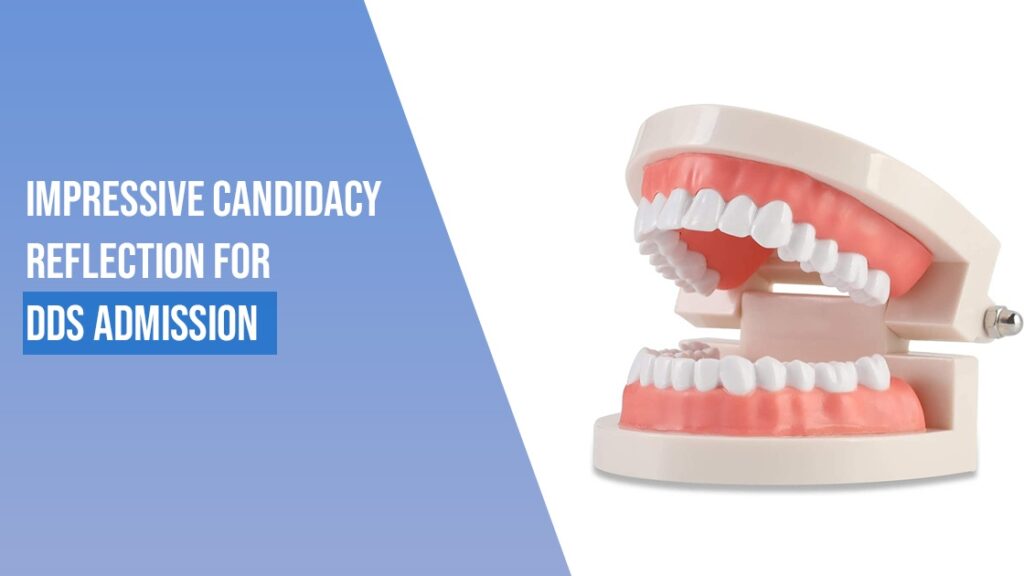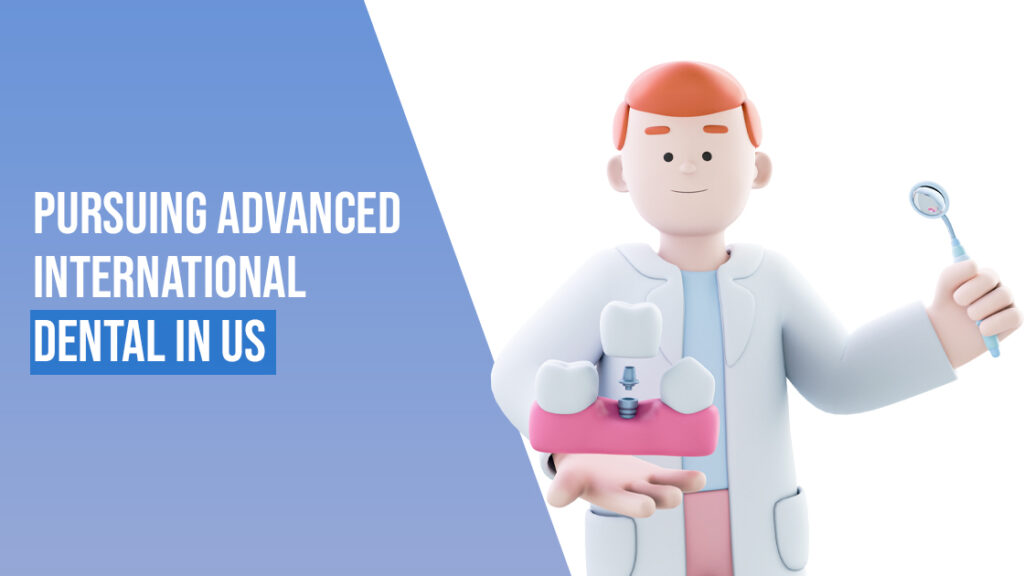When we approach the interview at US Dental Schools, we constantly have a dilemma on how to approach certain questions. Mixed responses from fellow students always end up happening due to a ‘herd behavior’. We’ve distilled three big myths here after having them verified by admissions committee members in Illinois.
Interview Myth – 1
It’s wrong to mention that your long-term goal is to become rich.
For many of us, culturally, it might be difficult to admit that we are migrating to the US to earn a lot more. While we all want to be philanthropic in our intentions and do some good, we may not want to dedicate ourselves to social service entirely. The dilemma we face is whether to state our crass capitalistic intentions of being money-minded or go all out and call ourselves social servants.
Answer – Be realistic. It’s impractical for someone to spend $200k+ and not think about recovering that money through earning it fast. Even Bill Gates invested money to fight polio and infant diarrhea after he turned rich. So, tell the interviewer the truth about how you want to earn money, fast or slow, while accommodating the interests of those who can’t access quality care. Remember, charity needn’t be an ‘act’. It can be a ‘mindset.’
Interview Myth – 2
I wish to serve the rural communities in Pakistan.
This statement sounds like the antithesis of the former one. The problem is not in mentioning ‘who’ you want to serve. The problem is in mentioning ‘where’ you want to serve. Serving rural populations is alright, and might be a good strategy. Several well-funded public schools that have the international program are, in fact, in states with access to a large rural patient population. Since the dentists per capita in these regions are low, the ones who do settle down cater to a large patient volume, primarily Medicare recipients. But then, what is the problem in saying Pakistan?
Answer: While you are the one investing time and money in getting a US education, American institutions think it isn’t a worthwhile effort if they train you to cater to international demand. They expect that by giving you an ‘opportunity’ to train at that their institution today, you will help the American healthcare system prosper in the future. So, go ahead and say you will serve in your home country, but not in the next 20 years.
Interview Myth – 3
I have 6 years of experience as a dentist in India, as against 1-year shadowing in the US
What is the problem with the above statement? Something small but relevant. We are comparing 6 years as a practicing dentist in some countries vs. 1 year as a shadowing dentist in the US. Isn’t it intuitive that the former is more valuable? WRONG. Should we overshadow our foreign experience then, or should we highlight only our US experience?
Answer: Admissions isn’t a numbers game. There is no point system to equate the no.of years of experience you have and compare foreign vs local experience. What matters, is what you’ve learned and have become exposed to. Your hand skills and subject knowledge gets anyway tested during your NBDE and bench tests. Therefore, focus on highlighting your experiences, rather than the no.of years. In that sense, for an American Admissions Committee, 1 year of US experience can be evidence of enriching exposure compared to 6 years abroad. Play it right!
About the authors
Dr. Nourah is a dental student from India who secured 8 interview admits in the US without a green card, financial support, or work experience. Karthik is a healthcare marketing professional who coached her on application strategies and interviews. They started CAAPID SIMPLIFIED to share what they’ve learned in the application process and raise funds for the former’s school education. Subscribe to their daily admission tips newsletter


